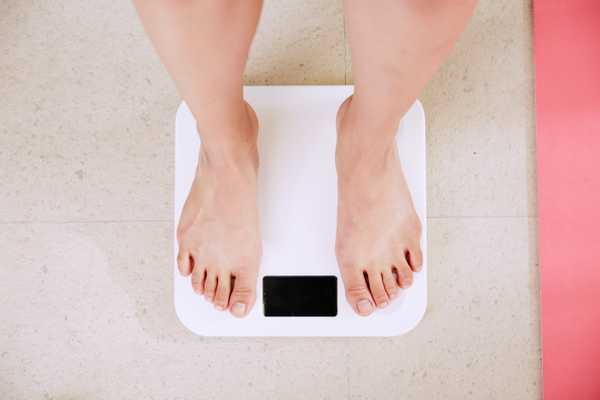I’d like to start out by saying (or writing, whatever) that I never planned on writing about diabetes. Not because it’s too difficult, too personal or anything like that. I just simply thought there were better things to write about. But after two of my friends and fellow Odyssey writers wrote about their respective struggles with ADHD and Social Anxiety, I figured I should also write about something that affects millions of people, including myself. So without further ado, let’s talk about diabetes, shall we? Or as actor and walrus impersonator Wilford Brimley calls it, “diabetus.”
While I’m sure you’re excited to read about something you may know little or care little about, I should probably first address my discomfort in referring to diabetes as a “disease.” Not that I find it offensive, mind you. In high school, my classmates’ started “Whack a Diabetic Wednesdays,” and just last year my roommate and some friends threw me a surprise party on World Diabetes Day (which included a playlist of any song with the word “sugar” in it). I found both of these instances hilarious, and the latter to actually be kind of sweet (pun intended). Anyway, I hesitate to call diabetes a “disease” because in terms of chronic illnesses, I hit the jackpot, especially when compared to things such as ALS and Cystic Fibrosis. Instead, I more or less consider diabetes an inconvenience. The only things it has kept me from doing is enlisting in the military (Go Army) and giving blood. But what exactly is diabetes?
First and foremost, there are actually two types of diabetes, Type 1 and Type 2 (there’s also Gestational diabetes, but that’s usually temporary). We’ll start with Type 1, since that’s what I have. And while I’m not a particularly “sciency” individual, I think I can give a pretty simple rundown of something I’ve had for half my life. So, remember the pancreas from high school biology? It’s one of those organs clumped together near the stomach, like the spleen or liver. The pancreas produces insulin, which your body uses to maintain your blood sugar, specifically by absorbing the glucose (from carbohydrates you consume) for your body to use as energy. If your blood sugar is high, you have too much glucose in your body, and the pancreas will release more insulin to consume more glucose, which will bring your blood sugar back down to a normal level. However, for some unknown reason, my immune system decided to attack and kill off the cells in my pancreas, rendering it useless and me a Type 1 diabetic (which actually happened the day before Thanksgiving, pretty ironic huh?). So with my pancreas out of commission, I have to rely on synthetic insulin administered through either injections or an insulin pump (the latter of which I use). I also have to regularly check my blood sugar by pricking my finger with a spring-action needle (or “lancing device”), and making sure a tiny strip on a monitoring device (or “meter”) absorbs the resulting blood. That monitoring device then shows a number reflecting my current blood sugar level, which I can use to determine whether I need to inject insulin to lower my blood sugar, consume carbohydrates (which have glucose, remember) to raise it, or preferably, do nothing. So basically, Type 1 diabetes is like trying to balance on a seesaw, while your own body is trying to throw you off it. And between the shaking, sweating, and fainting caused by low blood sugar, and the dehydration, fatigue, and nausea caused by high blood sugar, it’s a hell of a seesaw.
Type 2 diabetes, on the other hand, is a bit different. With Type 2, your pancreas isn’t rendered useless by your immune system. Instead, Type 2 diabetics have something called “insulin resistance”, which means your body doesn’t utilize insulin as it should. Type 2 is the most common form of diabetes, and unlike Type 1, is usually caused by obesity, unhealthy eating, and inactivity (although genes are also sometimes a factor). For Type 2 diabetics, their treatment mainly involves dieting, exercise and medication (which may or may not include the occasional insulin injection).
So there it is: an informal, uninteresting, and rather brief rundown of a disease that affects millions of people. You’ve taken the time to read about something you might have known little to nothing about, scientia est potentia. However, if there is just one little thing you can take away from this article, let it be this: Having diabetes does not mean you are unable to eat anything that contains sugar. Usually, I’d refrain from using all caps, as it reflects the general lack of intelligence you’d find on Tumblr or the Youtube comment section. But if I had a nickel for every time someone asked me “Does that mean you can’t eat sugar?” after I tell them I’m diabetic, I’d probably have enough to buy a candy bar, which I would eat, because I can.





















